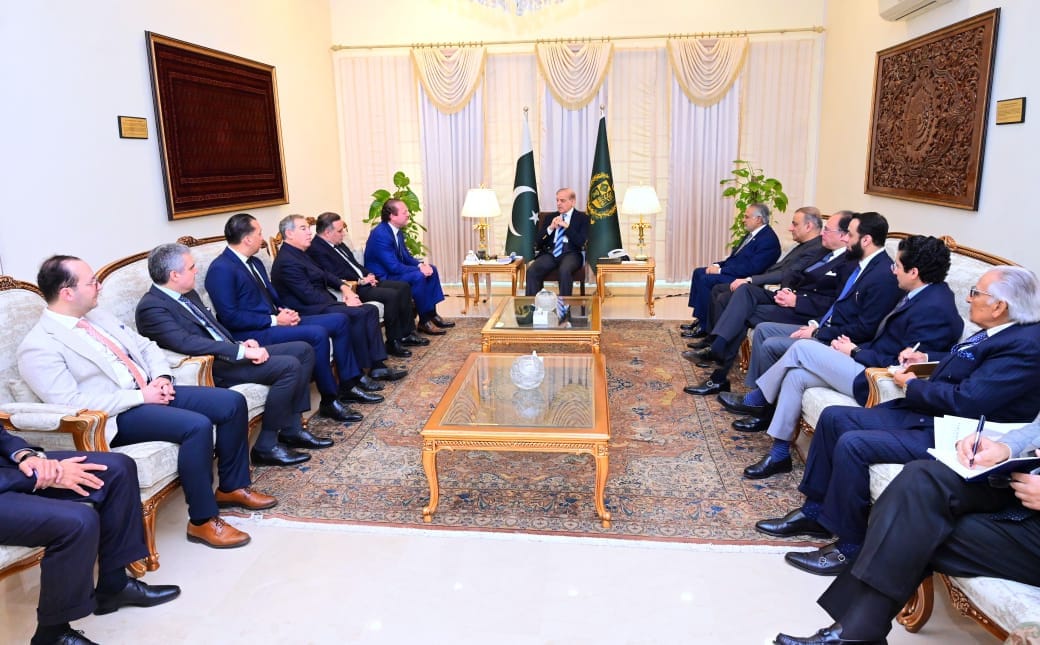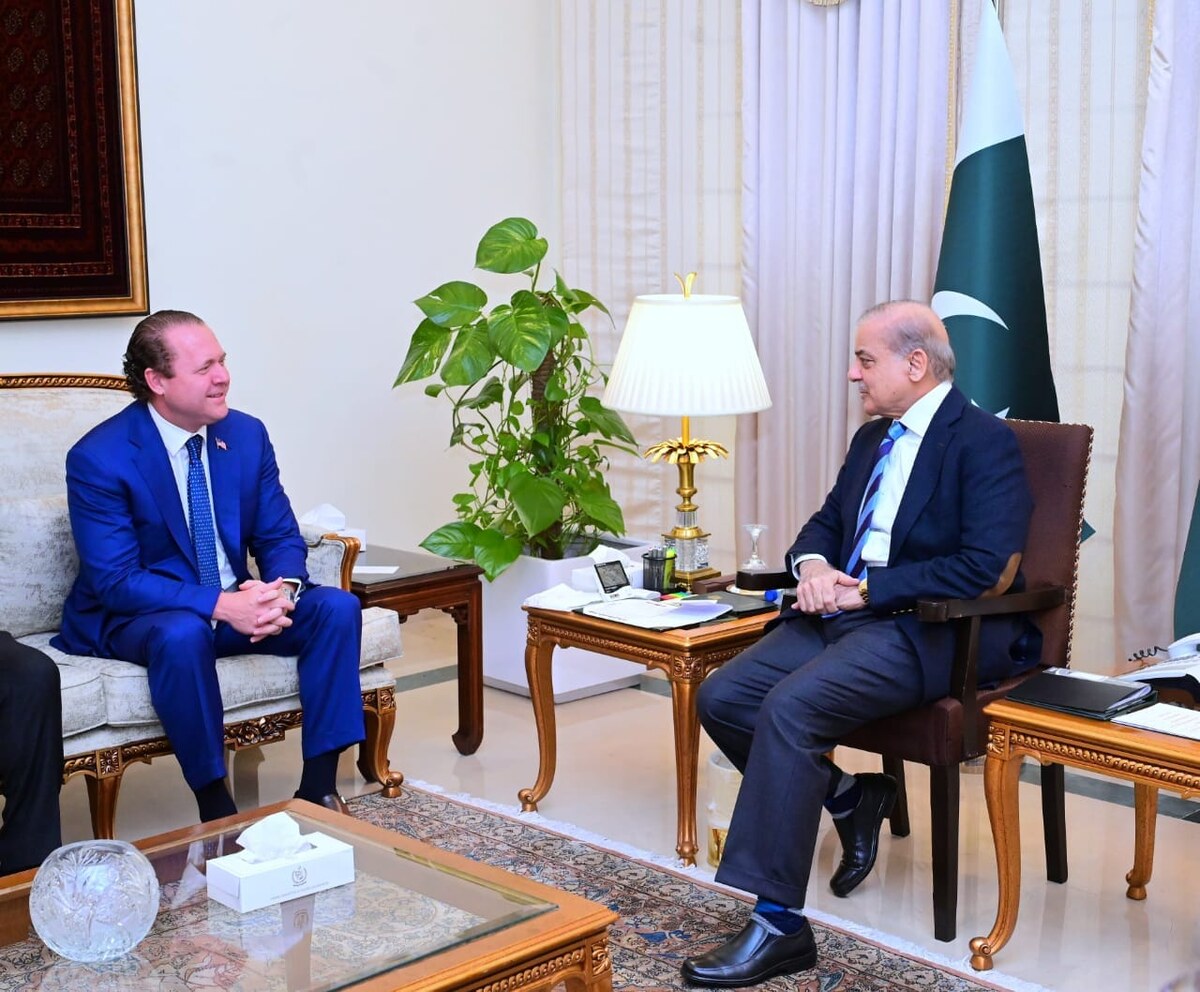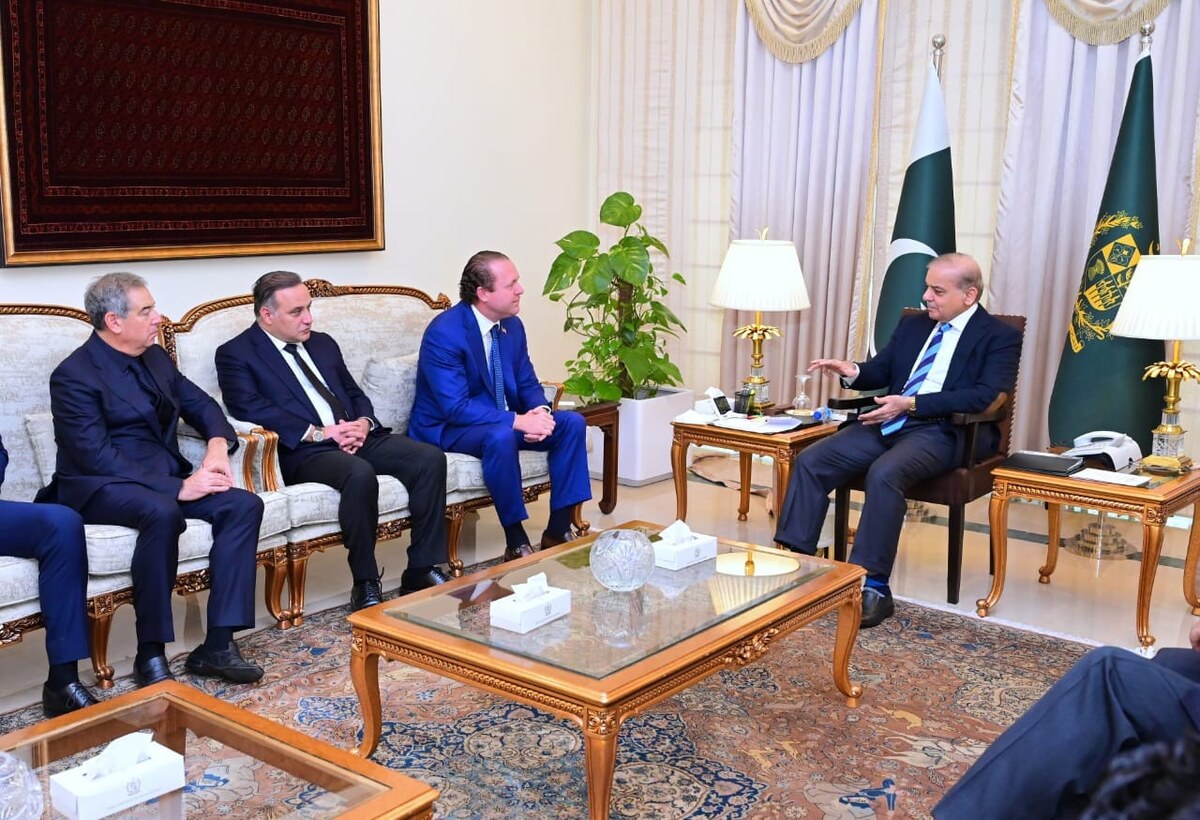America’s AI controls risk stalling the Gulf’s billion-dollar vision

https://arab.news/nnrjy
The US government’s new controls on artificial intelligence chips arrive at a peculiar moment for the Gulf. The region has committed billions to becoming a global AI hub, yet Washington’s latest policy effectively tells it to wait its turn.
The framework announced this week relegates most of the world — including the Gulf states — to a secondary tier, permitted to purchase only 50,000 advanced AI chips annually. Meanwhile, 18 privileged nations, mostly close US allies, enjoy unlimited access.
This arbitrary ceiling comes just as the region’s universities, research centers, and sovereign wealth funds are making unprecedented investments in AI infrastructure.
The oversight appears particularly shortsighted given the Gulf’s strategic advantages. Saudi Arabia, for example, with vast land availability and energy costs at about $0.048 per kilowatt-hour — a fraction of Western rates — is perfectly positioned to become a global hub for AI data centers.
First-mover advantage in this critical 21st century infrastructure could prove more valuable than unrestricted chip access.
Consider the scale of investment. Saudi Arabia and the UAE have emerged as two of the world’s most ambitious investors in AI infrastructure. The UAE has built 235 megawatts of data center capacity, while Saudi Arabia has reached 123 megawatts. These are not speculative ventures — they represent serious, long-term commitments to becoming global AI hubs.
The quality of these investments is as significant as their scale. The recent partnership between Saudi Arabia’s Public Investment Fund and Google Cloud to create a new global AI hub demonstrates the sophistication and forward-looking nature of Gulf AI initiatives.
Similarly, Saudi Arabia’s collaboration with US-based Groq to build the world’s largest specialized AI data center shows a very clear preference for working with American technology leaders.
But perhaps the outgoing Biden administration has left the door ajar. These controls come with a 120-day implementation window — leaving plenty of time for the new administration to reassess its approach to America’s key Gulf allies.
Besides, recent developments in China offer a lesson in how technology restrictions can have unintended consequences. Despite facing the strictest US controls, Chinese AI startup DeepSeek has made remarkable progress. Its latest large language model approaches Western capabilities, all while using just a 10th of the computational resources, a feat accomplished through clever mathematics rather than raw processing power.
Saudi Arabia’s collaboration with US-based Groq to build the world’s largest specialized AI data center shows a very clear preference for working with American technology leaders.
Adrian Monck
This breakthrough should be on the radar of every country facing these new restrictions. DeepSeek’s achievement suggests that the path to AI leadership may not run through hardware dominance after all. Its team improved chip efficiency by 60 percent in six months when faced with hardware limitations. Innovation, it seems, is still possible under constraint.
The timing is particularly relevant for the Gulf. The region’s advantages are clear. It has emerging world-class universities — like Saudi Arabia’s King Abdullah University of Science and Technology and the UAE’s Mohamed bin Zayed University of Artificial Intelligence — significant capital resources, and growing pools of young, technical talent.
These may ultimately prove to be the long-term formula for AI success. If algorithmic innovation, rather than graphics processing unit brute force, will shape AI’s future, then investments in education and research will take on even greater importance.
DeepSeek developed its latest model for just $6 million — “a joke” according to OpenAI’s Andrej Karpathy — while Western tech giants spend hundreds of millions on similar projects. An efficiency-first approach aligns naturally with the region’s emphasis on sustainable technological development.
The US strategy seems predicated on an outdated notion of technological development — that controlling hardware access ensures controlling outcomes. Yet history suggests otherwise.
The Soviet space program achieved remarkable successes despite enormous technological restrictions, compensating through innovation. Ancient China’s attempts to restrict access to silk production technology met with failure.
Recent breakthroughs underline the stakes. OpenAI’s latest model scored 88 percent on complex reasoning tests, whereas previous systems managed just 5 percent, suggesting we are entering a critical phase in AI development. Its CEO Sam Altman believes artificial general intelligence — systems matching human capabilities — could emerge within four years.
This timeline makes the current administration’s attempt to create a hierarchical “AI world order” particularly short-sighted. Subordinating the region’s technological sovereignty to an arbitrary quota system, especially as it invests heavily in developing domestic AI capabilities, seems almost designed to alienate friends.
A more constructive approach would recognize that states like Saudi Arabia and the UAE are not just seeking to acquire AI capabilities — they’re building comprehensive AI ecosystems that could complement and strengthen US leadership in this critical technology. Their combination of capital, strategic vision, and commitment to working with Western partners makes them ideal partners in expanding the reach of responsible AI development.
The incoming Trump administration has an opportunity to recalibrate this policy. Rather than maintaining restrictions that complicate natural technological partnerships, a revised approach could focus on deepening collaboration with serious, well-resourced partners. The administration’s emphasis on deal-making and economic engagement suggests it would recognize the strategic value of such cooperation.
• Adrian Monck is a senior adviser at the Mohamed bin Zayed University of Artificial Intelligence and authors the geopolitics newsletter, Seven Things.































